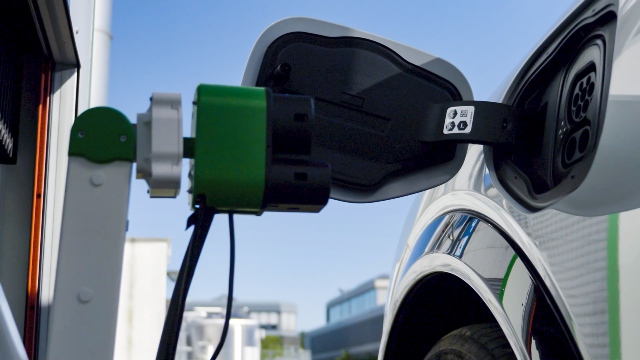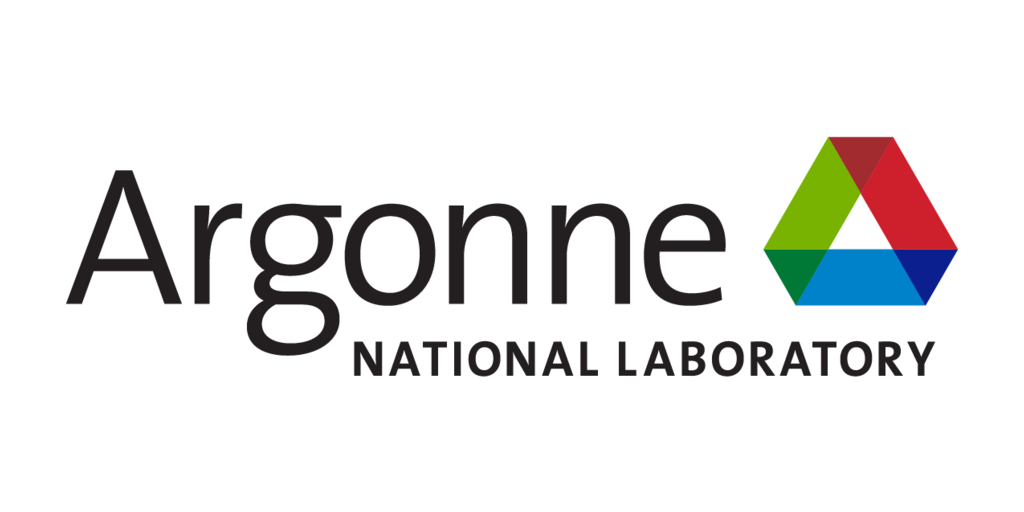
Argonne Assembles Electric Vehicle Experts to Create Better Experiences at Charging Stations
LEMONT, Ill.–(BUSINESS WIRE)–The National Charging Experience Consortium (ChargeX Consortium) brought together scientists, software developers, vehicle manufactures, other national laboratories and industry partners to address a priority for electric vehicle (EV) drivers: making sure the charging technology works.
The U.S. Department of Energy’s (DOE) Argonne National Laboratory is leading a task force tapped by the Joint Office of Energy and Transportation (Joint Office) which funds the Charge X Consortium — a collaborative effort between Argonne, Idaho National Laboratory and National Renewable Energy Laboratory.
ChargeX has three working groups that focus on defining the charging experience, testing its reliability and usability, and developing solutions to help improve that experience on a large scale. These working groups have already released helpful publications on error codes and payment recommendations to help streamline the charging experience for drivers. Now, the testing methodology task force within the scaling reliability working group is creating frameworks for testing interoperability.
When an EV driver plugs in, all the technologies involved — the app, the charging station, the payment system server and the vehicle itself — should all communicate reliably with one another, regardless of what company manufactured them. Recently, the Task Force assembled thirty attendees, representing vehicle manufacturers, technology developers, government entities and public interest groups, to come to a consensus about what “interoperability” should mean and how technologies should be tested to meet the standards.
The Task Force has currently outlined 16 distinct testing categories, each with its own subset of detailed test scenarios. These scenarios consider what a user might experience in the real world, including a wide variety of both “happy-path” and “edge-case” testing.
The Task Force included test cases surrounding equipment issues, such as faulty cables, loss of internet signal or loss of power. They also explored charge discovery cases — such as what happens if a user starts with a partially inserted connector or a broken latch — and power transfer issues that might arise from conditions like temperature changes.
ChargeX’s testing parameters will help set the standard at interoperability testing events, such as those hosted by CharIN, a global association dedicated to promoting standards in the field of charging systems. CharIN’s North American “Testival” and Conference will take place in June in Cleveland, Ohio. ChargeX representatives from Argonne, DOE’s Idaho National Laboratory and DOE’s National Renewable Energy Laboratory will attend to help coordinate, moderate and gather results from prescribed testing portions of the Testival.
Contacts
Christopher J. Kramer
Head of Media Relations
Argonne National Laboratory
Office: 630.252.5580
Email: media@anl.gov


